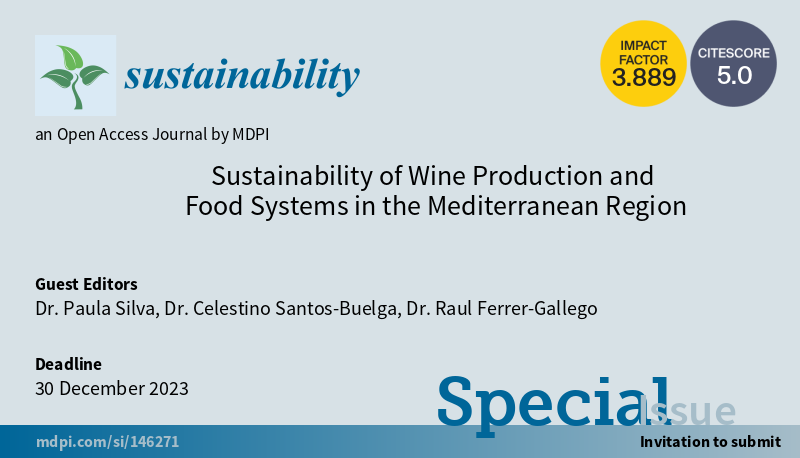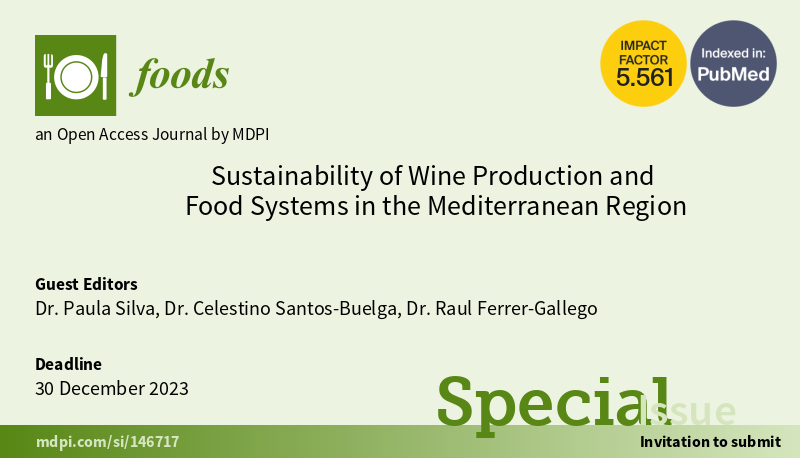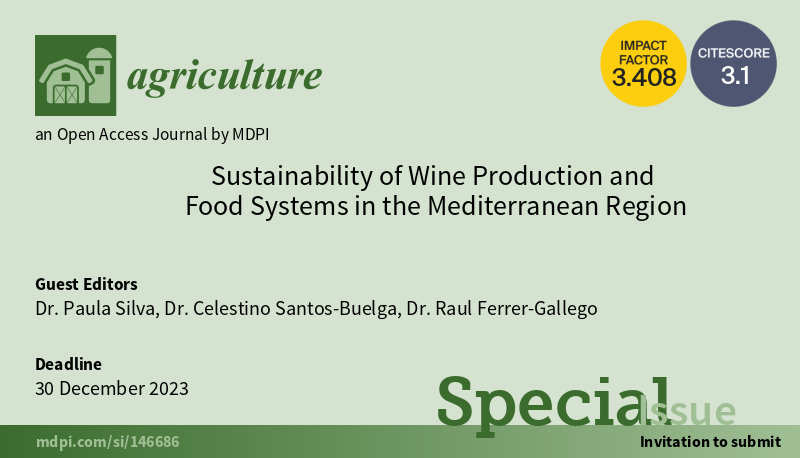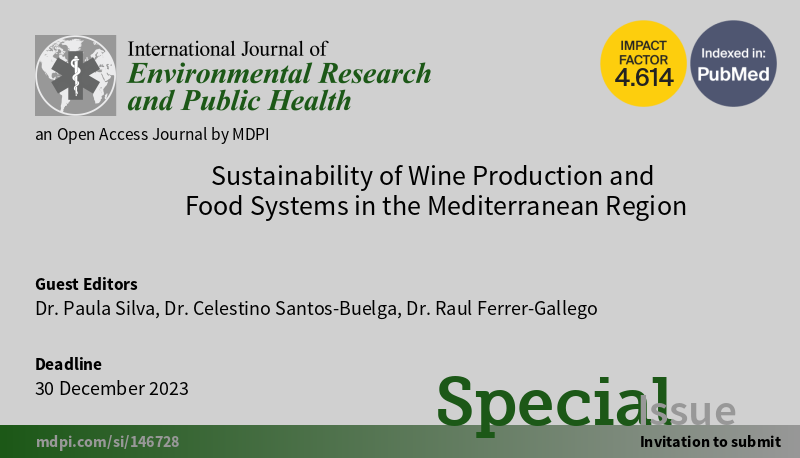About the Congress
The Sustainable Development Goals (SDGs) of the 2030 Agenda for Sustainable Development aim to complement policy with scientific knowledge and orient government strategies toward a new development paradigm that improves the well-being of future generations while ensuring the sustainable management of the planet’s natural resources. All this is even more important if viewed in the context of food systems, whose sustainability is paramount for sustainable development. Food sustainability for humans involves the ability, sustained over time, to produce or procure enough food to meet an individual’s or a population’s nutritional requirements, using production, distribution, and disposal systems that have a neutral or beneficial impact on the environment and ecosystems, and that ideally are underpinned by forms of social justice that can ensure equitable access to food. In this congress we want to discuss the importance of clarifying the meaning of being sustainable, as well as highlighting the complexity of the interactions and interrelationships between different variables, namely:
- the ecosystem within which wine/food is produced: climate and climate change, air purity, sufficient water, water purity, the productivity of the soil, and appropriate recycling of waste materials.
- the biodiversity as the variable to be sustained, either in one place, in a region, or globally.
- the human activities needed to produce wine/food.
- how food production, distribution, preparation, consumption, and disposal can be sustained for future generations in the face of such challenges like population growth, climate, and environmental change, conflict, and deepening social and geographical inequalities.
In all cases, the interaction of factors adds complexity, which is why we stress not just multidisciplinary perspectives, however, but they need to communicate between incomplete disciplines through a cross-disciplinary approach.
In this congress, we will discuss some of those variables and discuss the interrelationships and interactions between them through our application of a multidisciplinary lens on human food (including wine) and sustainability in the Mediterranean region. The scientific program will be divided in the following 4 sections:
- Sustainable Viticulture & Winemaking Practices
- Sustainable Food Systems & the Mediterranean Diet
- Sustainable Wine Tourism & Mediterranean Gastronomy
- Sustainable Mediterranean diet: the interaction between food industry and tourism, nutrition, health, and the environment





